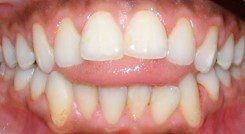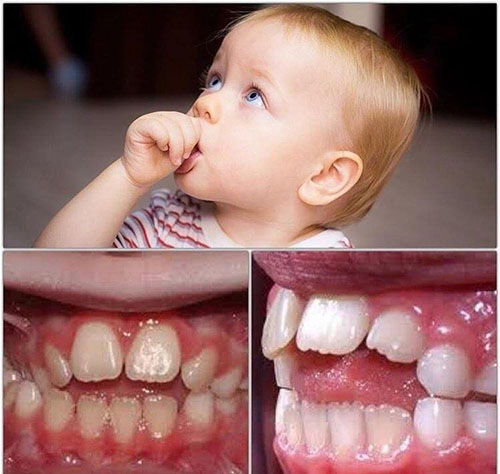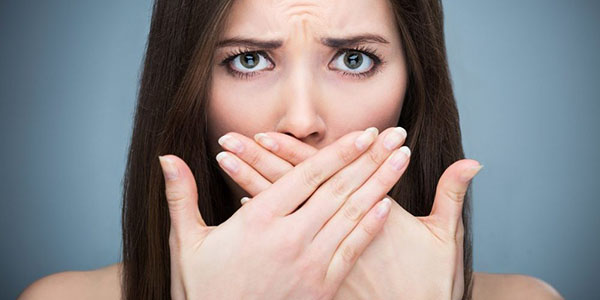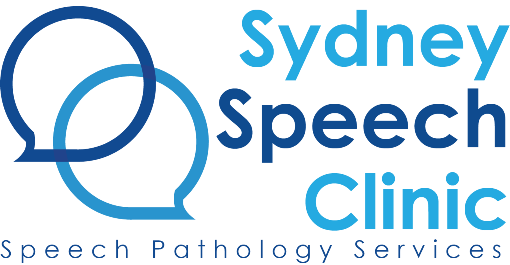The teeth play an important part in swallowing but they serve an essential role in speech too.

Teeth and Speech Sounds
Just speak a few words and you will notice how your mouth structures move together to make the sounds needed for speech. Some sounds do not rely on the teeth whereas others do such as ‘th’, ‘v’, ‘f’, ‘s’ and ‘z’ sounds. Try saying “thank you so very much for this” without your upper and lower teeth touching the lips, tongue or each other!

Speech can be temporarily affected when someone gets braces. Structural issues and oral habits can contribute to longer term articulation difficulties. These may be due to:
- Birth issues such as cleft palate, tongue or lip ties
- Prolonged dummy, finger or thumb sucking
- Tongue thrusting
- Misalignment of jaw, teeth and bite
- Clenching jaw/grinding of teeth and jaw joint issues

All of these and more can lead to ongoing dental, breathing and speech difficulties.
Teeth and Tongue Thrusting
Tongue thrusting is a swallow pattern that can impact upon health, appearance and speech. The underlying cause is often due to airway issues (difficulty breathing through the nose).
At rest (and during a swallow) the tongue should sit up on the roof of the mouth and not between the teeth. This contact is important as it stimulates natural expansion of the palate. With a tongue thrust, the tongue pushes forward against the front teeth often resulting in an open bite. The palate doesn’t develop as it should leading to crowded teeth as well as speech issues.
Teeth and Lisps
Lisps are speech disorders affecting the ‘s’ and ‘z’ sounds (and sometimes also the ‘sh’ ‘ch’ ‘j’ sounds). Interdental lisps are the most common where you can see the tongue poking between the front teeth during articulation of these sounds. The word ‘yes’ sounds like ‘yeth’ and ‘zoo’ becomes ‘thoo’.
A different type of lisp, a lateral lisp, leads to air escape from the sides of the mouth giving the speech a wet, slushy quality. For accurate ‘s’ and ‘z’ sounds the sides of the tongue should make contact with the back teeth (molars) to stop air escaping from the sides of the mouth.
Lisps that continue into school age will generally not resolve without help from a speech pathologist.
Teeth and Speaking Confidence
The condition and appearance of the teeth can also affect confidence when speaking. Covering the mouth, talking quietly and mumbling are common in those who might be embarrassed or self-conscious about their teeth. This lack of confidence can be limiting both in the work place and socially.

Orthodontic treatment can dramatically enhance a person’s self-confidence when speaking.
It is often useful for the dentist, orthodontist and speech pathologist to work together to help correct difficulties related to speech and the teeth.
Look after your teeth! Their purpose extends way beyond chewing food.
